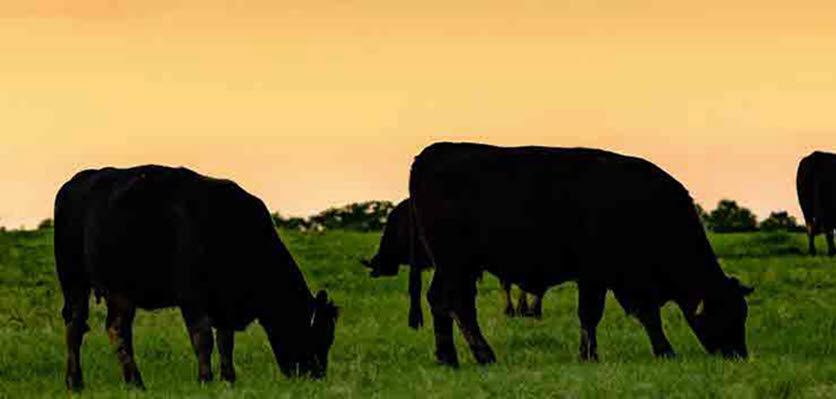Biosecurity: what does it mean for farmers?

The threat of diseases or pests can endanger a whole herd of livestock – whether it’s sheep, cattle, pigs or even chickens. Additionally, these threats can spread to neighbouring properties and cause untold damage. Farm biosecurity is the responsibility of the property owners, and that of every person visiting or working on their property.
This is why it’s important for farmers to implement sound management practices to prevent the introduction of contagious diseases onto their properties. A simple, tailored biosecurity plan is essential in protecting their farms livestock. Prevention is always more affordable and much easier than curing a disease once present. Discussing with your veterinarian is extremely helpful in creating and implementing steps and processes to secure your property from high-risk activities and practices and formulate plans to put into action if a disease outbreak were to occur.
This might include BIOCHECK®, a program run by members of the Australian Cattle Veterinarians – a special interest group of the Australian Veterinary Association. More information on Biocheck can be found here.
First steps
No matter where you are buying livestock from, you need to make sure the seller of the stock has good management practices in place and the necessary certification. Try to buy from reputable vendors, and limit the number of lots you buy from, because the more sources you buy from, the greater the risk of introducing a disease into your herd.
Care should always be taken when integrating new stock into existing herds. Talk to your veterinarian about checking and treating any new stock for diseases and pests before you introduce them to your other animals. This may mean they will need to be quarantined for an appropriate length of time before they are integrated.
After integration, it is important to maintain the health of your livestock by maintaining and controlling water and feed sources, having regular veterinary checks and ensuring immunisations and parasite preventatives are kept up to date. By ensuring high levels of biosecurity at all times it not only helps ensure the health of your animals and reduces the risk of introducing disease onto the farm, but if a disease outbreak were to occur despite your best efforts, you have protocols in place to minimise the effect it has on your farm and to your animals.
